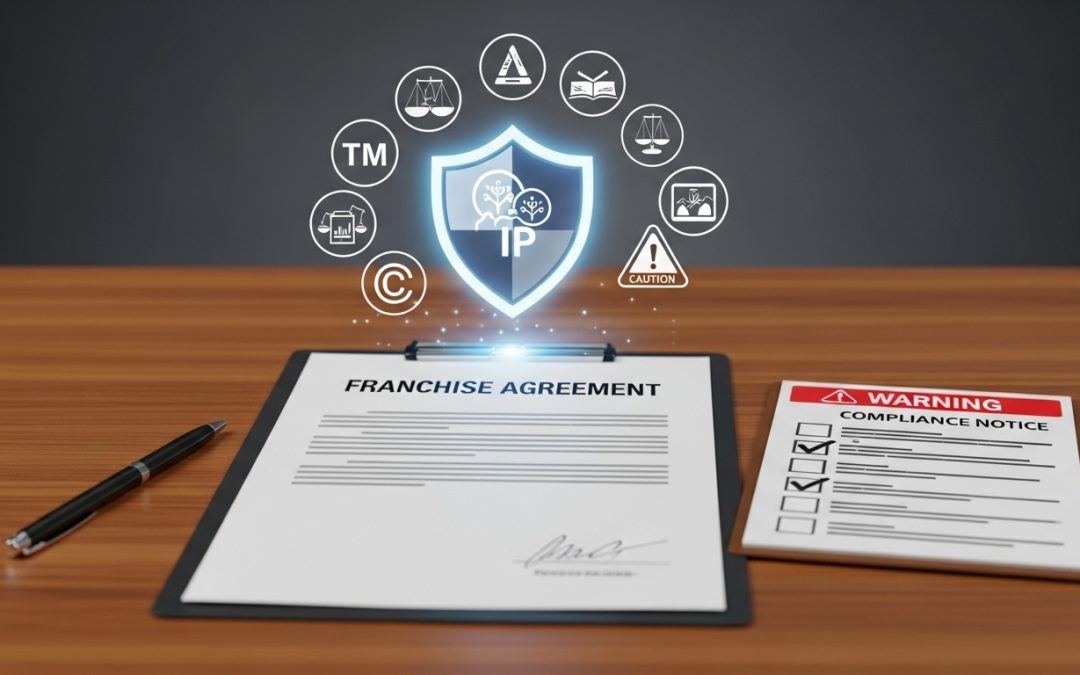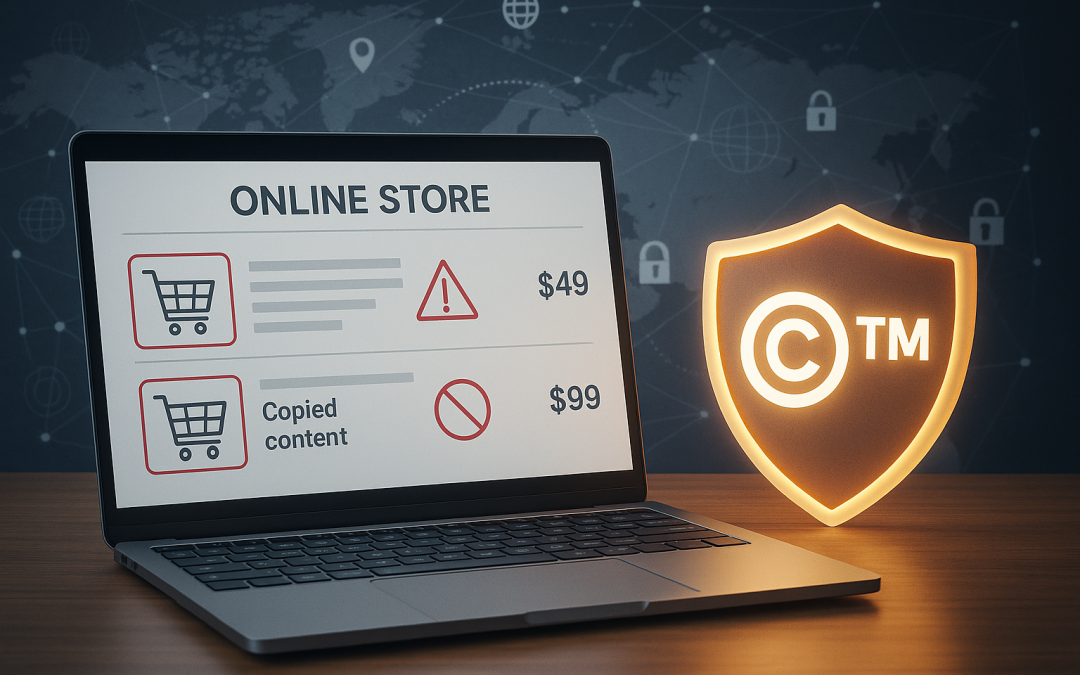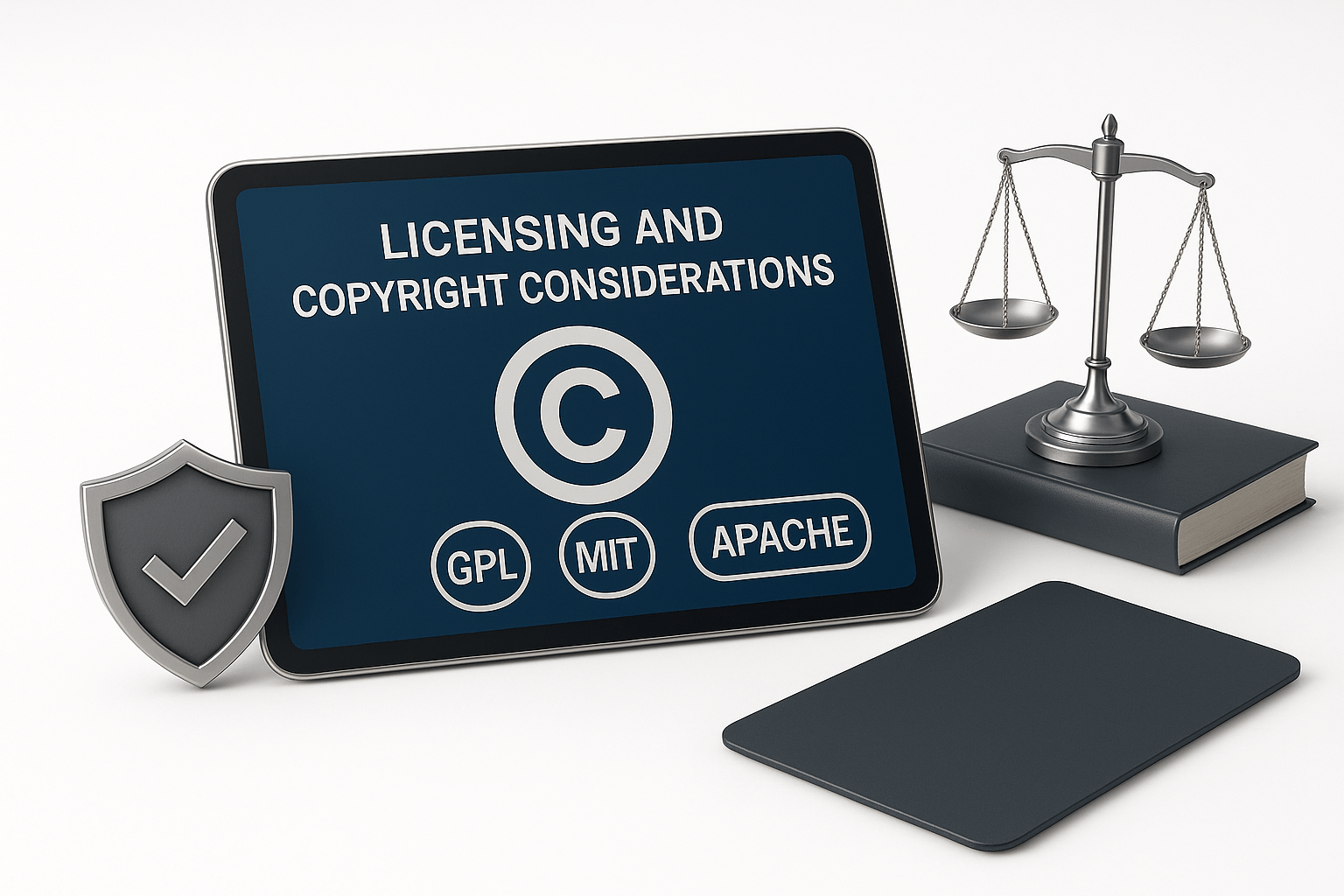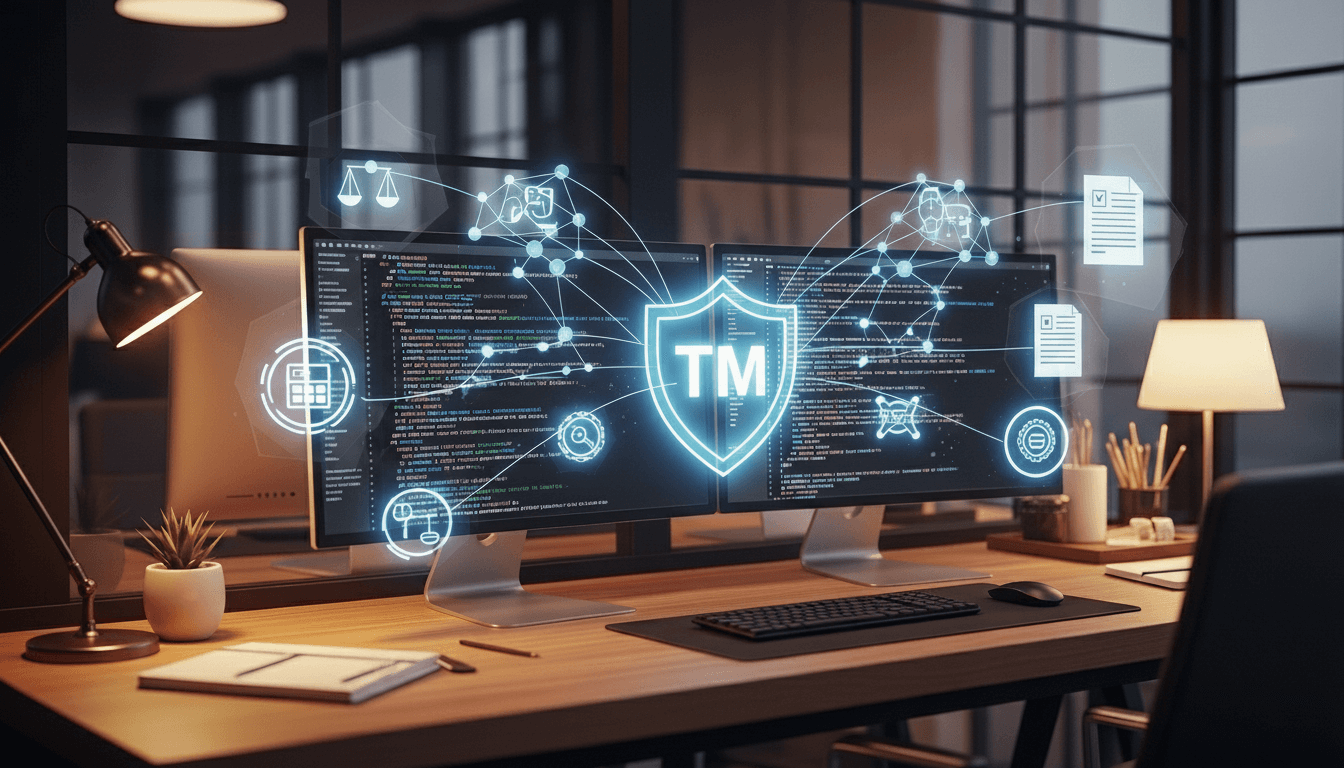Open-source software has radically transformed the landscape of technology building, sharing, and protection. From an ecosystem once steeped in overt ownership through copyright and trademark, now stands the opportunity for a truly collaborative space. Adapting to the crossroad where IP law meets open culture and community innovation has thus become a learned process for businesses, developers, and lawyers.
Understanding the Open-Source Model
Open-source software licenses give permission to the users to inspect, modify, and enhance. This offers a wide horizon for innovation, but it also brings in issues related to equity of ownership. Unlike standard software models, where one party or individual has rights over the prototype, in open-source projects, you have many contributors scattered across the globe. Copyright ownership becomes pretty hard to conceive when something that has been contributed to by dozens or even thousands is in the same codebase.
















